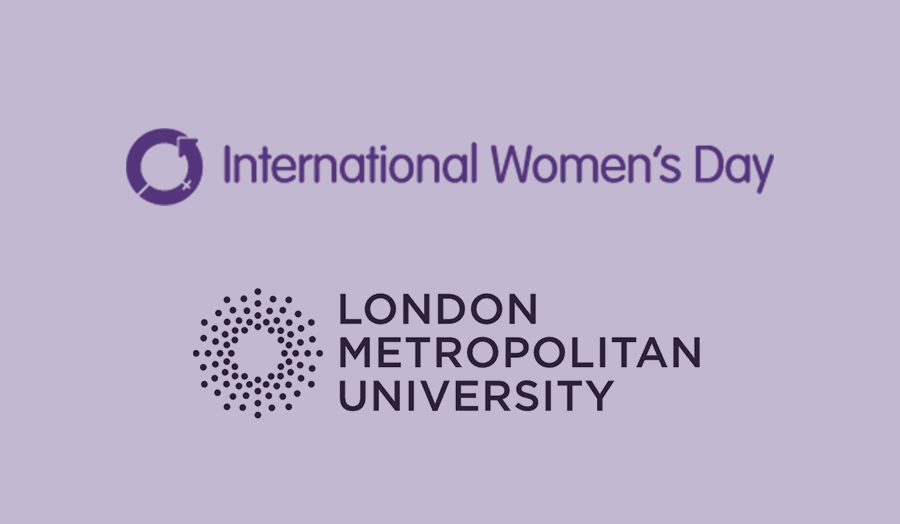We spoke to Adwoa Darko, London Met's Inclusive Communities Manager, about intersectionality, championing women’s voices, and the work of our Centre for Equity and Inclusion.
Date: 8 March 2023
This year the theme of International Women’s Day is #EmbraceEquity. Can you speak about why equal opportunity isn’t always equitable?
Not everyone’s journey will be the same, some people face more obstacles and as such there cannot be a ‘one size fits all’ approach when we talk about gender.
Equality suggests that people should be given the same resources or opportunities. Equity recognizes that each person has different circumstances and aims to address this systematically and allocate the exact resources and opportunities needed to reach an equal outcome.
Equity is about readdressing past wrongs and recognising that there might be more work to do with certain groups to get us to a level playing field.
This is why we have works such as positive action programs that recognise the fact people begin their journeys at different starting blocks. Within higher education this can mean working towards securing more representation for people from working class backgrounds, people of colour, and people who have traditionally not been able access to university education.
Why is there a need for male advocacy on International Women’s day?
All sectors, spaces, and environments can only be improved by gender equality, and we need male advocacy and men’s voices for gender equality to achieve this goal. It is important for men to recognise their societal power and privilege, and to use that power to create a more equitable society for all. It is also necessary to recognise how the patriarchy harms men through the same functions that can benefit men.
So often we see that the role of advocacy is taken up by the marginalised, but this shouldn’t be the case, the responsibility should be a shared commitment. There is only so much women can do by themselves, it is time everybody starts singing from the same hymn sheet.
Why is it so important to ensure that International Women’s Day is celebrated intersectionally?
There is no one way to be a woman. Women’s experiences differ so radically depending on where they sit on the axis of different oppressions. If we go by the ‘one size fits all’ approach to womanhood we ignore, and potentially harm those who don’t fit within the traditional confines.
Intersectionality is important because we are recognising the ways in which power and oppression can combine to create different experience for women, for instance those in the black, trans, or disabled communities. Their experiences matter as much as any other woman’s does.
Can you explain the significance of London Met’s signing of the Athena SWAN Charter?
Athena SWAN is an initiative which champions the advancement of gender equality. It is part of London Met’s commitment to ensure that we have clear mechanisms, programs, and policies in place to address gender inequality in our workplace.
Our promise for gender equality goes beyond the charters though. It is about the work we continue to do to make women, and especially women of colour, feel like that this workplace is for them and that we foster a sense of belonging.
What is the current landscape for women in academia?
Statistics still show that women still trail behind men across the HE sector, in almost all metrics. Which again, is an opportunity to highlight the need for intersectionality. Recent HESA data reflects that the number of black women professors has increased exponentially if expressed as a percentage, but the fact is the number is still shockingly low. Almost count on your hands low. And this is something that programs like Athena SWAN and 100 Black Women Professors Now aim to change.
This is one of the reasons I was so passionate about starting Brown Girl Brunch, because it’s a place for women of colour to come together and have a co-mentoring space to learn from one another, network and generally break bread. The Brunch provides a chance to recognise similarities in our experiences, and support each other with the informal tools needed to navigate the workplace.

